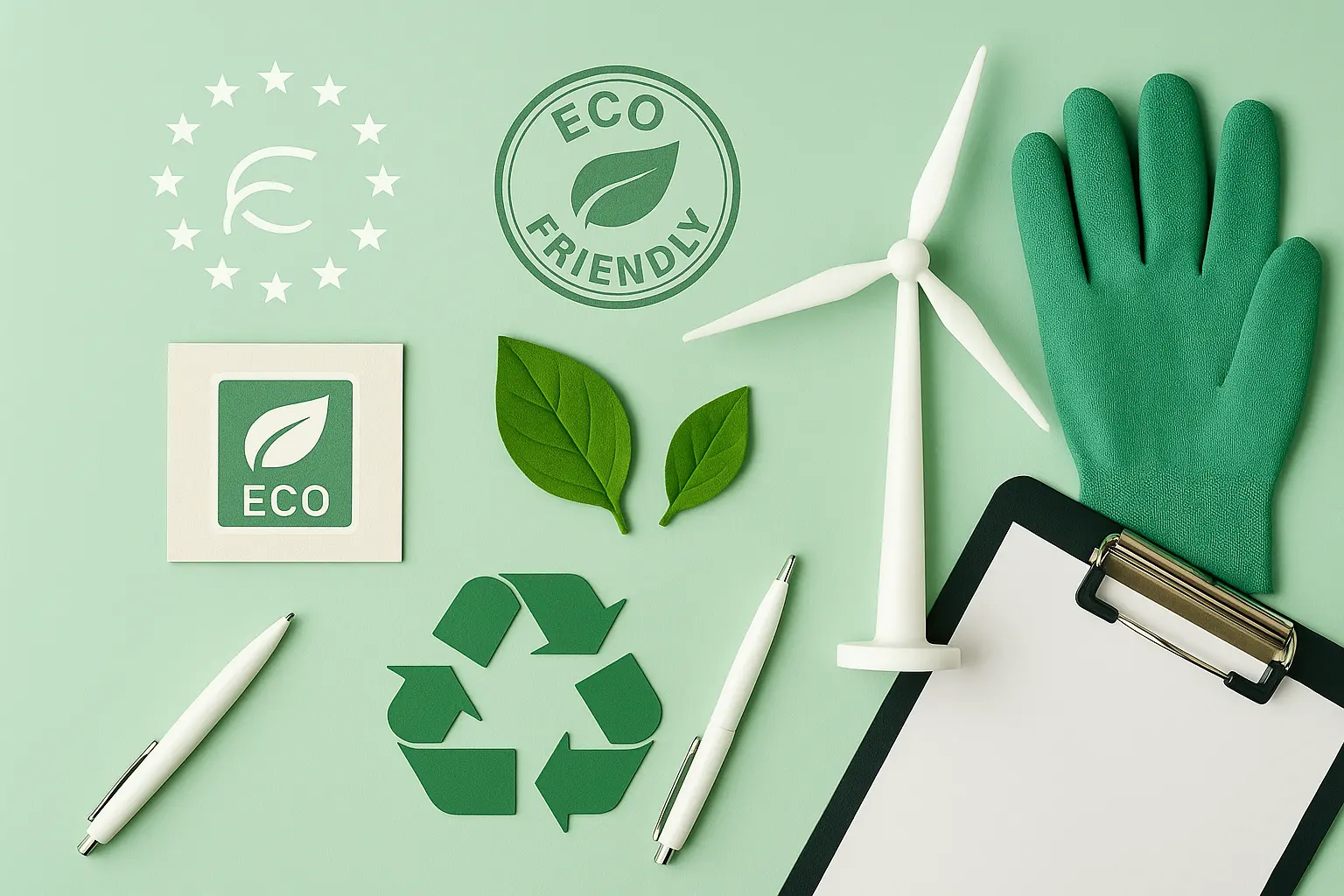Organic Cotton Certification
The Organic Cotton Certification is a critical process in ensuring that cotton fibers used in textile products are produced without synthetic pesticides and fertilizers, GMOs (Genetically Modified Organisms), or other harmful chemicals. This certification aligns with the principles of sustainability and eco-friendly practices, which are increasingly important in the global market.
Cotton is one of the most widely used natural fibers for textile production due to its softness, durability, breathability, and versatility. However, conventional cotton farming poses significant environmental challenges. By switching to organic cotton, companies can significantly reduce their ecological footprint and contribute positively to sustainable development goals set by international organizations like the United Nations.
Organic cotton certification requires compliance with specific standards such as Global Organic Textile Standard (GOTS), which is widely recognized across industries. GOTS is an international processing standard for textile products made from at least 70% organic fibers, ensuring environmental and social sustainability throughout the entire supply chain.
The certification process involves several key steps:
- Initial Assessment: This step evaluates whether a facility or organization meets initial requirements for producing organically grown cotton. It includes reviewing policies, procedures, and practices related to organic farming methods.
- Crop Inspection: Regular inspections are conducted throughout the growing season to verify that crops are indeed being cultivated organically according to GOTS guidelines.
- Processing Verification: Post-harvest processing must also adhere strictly to organic standards, including cleaning, ginning, and spinning processes. Any use of prohibited substances is strictly forbidden at this stage as well.
- Final Inspection & Audit: Before certification can be granted, a final inspection ensures that all aspects of the production process comply with GOTS criteria.
The rigorous nature of these steps guarantees high levels of integrity in organic cotton sourcing and processing. As a result, products bearing this certification are trusted by consumers worldwide who value eco-friendly choices over conventional alternatives.
Organic cotton certification plays an essential role not only in promoting environmental stewardship but also in supporting fair labor practices within the supply chain. By adhering to strict standards, brands can ensure that workers involved in growing and processing organic cotton enjoy safe working conditions and receive fair wages.
Benefits
The adoption of organic cotton certification brings numerous advantages both for businesses operating within this sector and consumers seeking greener options:
- Sustainability: Organic cotton reduces water consumption, soil contamination, and greenhouse gas emissions associated with conventional farming practices.
- Consumer Trust: Products certified as organic give customers confidence that they are purchasing environmentally responsible goods.
- Market Differentiation: Brands able to demonstrate their commitment to sustainability through certification can gain competitive advantage in eco-conscious markets.
- Better Working Conditions: Adoption of organic farming practices often leads to improved health and safety standards for farm workers involved in cotton production.
- Innovation Opportunities: Compliance with stringent environmental regulations encourages innovation aimed at further reducing the industry’s carbon footprint.
These benefits extend beyond mere compliance; they represent a genuine commitment towards creating more resilient and sustainable economies both locally and globally.
Eurolab Advantages
At Eurolab, we pride ourselves on offering comprehensive services tailored to meet the rigorous requirements of organic cotton certification. Our expertise lies in providing accurate, reliable testing solutions that help our clients achieve compliance with relevant international standards such as GOTS.
- Comprehensive Testing Capabilities: We employ state-of-the-art laboratories equipped with advanced analytical instruments capable of detecting even trace amounts of prohibited substances used in conventional cotton farming.
- Expert Technical Support: Our team consists of highly qualified professionals who understand the nuances involved in organic agriculture and textile manufacturing processes. They provide guidance throughout your certification journey, ensuring you stay on track towards achieving your goals.
- Swift Turnaround Times: Understanding that time is often a critical factor for businesses pursuing certifications like GOTS, we strive to deliver results quickly without compromising accuracy or quality.
- Cost Efficiency: By leveraging our extensive experience and efficient operations, we can help minimize costs associated with certification while maximizing the value derived from it.
Our commitment extends beyond just testing; Eurolab is dedicated to helping you navigate every aspect of your sustainability initiatives effectively and efficiently. With us by your side, achieving organic cotton certification becomes not only possible but also a strategic business move aligned with global trends towards greener practices.
Use Cases and Application Examples
The implementation of organic cotton certification has far-reaching implications across various industries. Here are some practical examples illustrating how this certification impacts different sectors:
- Fashion Industry: Leading fashion brands incorporate certified organic cotton into their collections to appeal to environmentally conscious consumers, thereby enhancing brand reputation and fostering loyalty.
- Home Textiles: Companies manufacturing bedding or towels made from organically grown fibers provide healthier sleeping environments while reducing environmental impacts.
- Furniture Manufacturing: Incorporating organic cotton into upholstery helps furniture makers comply with stringent sustainability standards, appealing to eco-friendly consumers who value responsible sourcing.
- Automotive Sector: Even within automotive interiors, using certified organic cotton fabrics can enhance overall product quality and environmental performance.
These applications highlight the versatility of organic cotton certification across multiple sectors, showcasing its potential for widespread adoption. As awareness grows regarding the importance of sustainable practices, we anticipate even broader integration into mainstream manufacturing processes.





